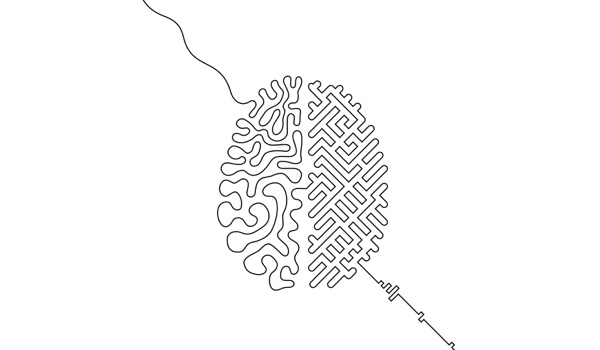


Day 15
A Malay prince saw an orange beast at a river mouth in 1299. Though undoubtedly a tiger, he was told it was a lion. This omen induced him to build a city there - Singapura - from Sanskrit singa (lion) and pura (city). From that ex-British Far East fortress, on day 15 of The Yuan’s journey of smart discovery tech Prof Jeffrey Lee Funk forecasts that AI’s ‘emergence’ may prove as elusive as a lion in Lion City.Shifeng Wang
Chief Editor, The Yuan
SINGAPORE - The tech world is practically hyperventilating about ChatGPT and artificial intelligence (AI) in general as suppliers, universities, and consulting firms make both grandiose and doomsday forecasts. The ability to create text seemingly as well as humans on a wide variety of topics has led to optimistic forecasts about the end of work, worries about disinformation, and the general end-of the world scenarios that have plagued AI for decades.
There are many reasons why people should ‘Just Calm Down About GPT-4 Already.’ First, the waves of AI hype that have swept the tech industry over the last 10 years - from IBM Watson to self-driving vehicles and the end of radiologists - should give one pause, if not a deep skepticism towards forecasts made by consulting companies and academic researchers, as well as claims made by corporate researchers. Have people not already been taken down those paths enough times?
In particular, claims of huge productivity gains and employment losses - which are often based on ChatGPT’s ability to write - should be ignored, particularly since few jobs involve writing, and most of the ones that do require the writing of something novel, which ChatGPT cannot do. ChatGPT is great at giving the most common answer in a training set, which is why it does so well on exams. However, it is not designed to create something novel or new, or to deal with issues of company-specific business processes for which few if any training sets exist.
The black-box academic forecasts are also questionable, given their similarities with the robotic forecasts that I have previously analyzed with Gary Smith. To put it simply, academic st
The content herein is subject to copyright by The Yuan. All rights reserved. The content of the services is owned or licensed to The Yuan. Such content from The Yuan may be shared and reprinted but must clearly identify The Yuan as its original source. Content from a third-party copyright holder identified in the copyright notice contained in such third party’s content appearing in The Yuan must likewise be clearly labeled as such. Continue with Linkedin
Continue with Linkedin
 Continue with Google
Continue with Google







 1115 views
1115 views










